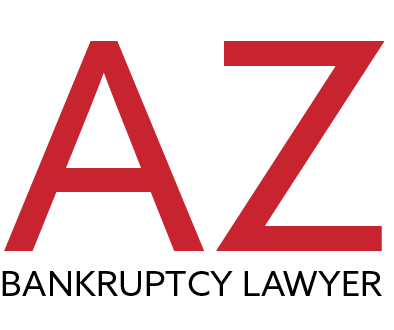Chapter 13 Bankruptcy Lawyer
Chapter 13 bankruptcy is one of the two bankruptcies individuals typically file. Chapter 13 allows you to repay your debts through a restructured payment plan. If you are thinking about declaring Chapter 13 bankruptcy, it is important to educate yourself about it to ensure it is the right choice.
Here are a few things you should know about Chapter 13 bankruptcy.
How Chapter 13 Bankruptcy Works
Unlike Chapter 7 bankruptcy, which liquidates non-exempt assets, Chapter 13 bankruptcy focuses on reorganizing your debts so that you can pay them off within three and five years. To qualify for Chapter 13 bankruptcy, you have to have a steady income, less than $465,275 in unsecured debts and less than $1,395,875 in secured debts, be current on taxes and not have filed Chapter 13 in the last two years and Chapter 7 in the last four years.
If you wish to file for Chapter 13 bankruptcy, you must provide proof of income, a list of your creditors, monthly expenses, properties you own and tax returns. Once you have submitted your paperwork, you will receive a letter from the court notifying you, your creditors and your trustee that collection activities on your accounts have been suspended. This means that creditors can no longer contact you demanding payment.
Then, you and your bankruptcy lawyer will come up with a suitable repayment plan and present it to the judge, who will decide if it meets legal standards or not. Once the judge approves your repayment plan, make sure to make your future payments on time. If you fall behind on payments, the trustee could try to dismiss your case. If you are having trouble making your payment on time, you should let your lawyer know as soon as possible. He or she may be able to help you come to a solution.
Advantages of Declaring Chapter 13 Bankruptcy
Many people focus on the negatives of declaring Chapter 13 bankruptcy, such as a lower credit score. While it is true that filing for bankruptcy can lower your credit rating, it is better to focus on the positives. After all, there are more positives than negatives. Here are some of the advantages of declaring Chapter 13 bankruptcy that you should know about.
- Keep your home
- Keep your vehicle
- Keep your tax refund
- Learn how to budget your money more effectively
- Get a financial fresh start
Consulting a Chapter 13 Bankruptcy Lawyer
If you want to file for Chapter 13 bankruptcy, it is important to get in touch with a Chapter 13 bankruptcy lawyer, promptly. A lawyer can review your case and determine if bankruptcy is the best option for you. He or she will help you file all the necessary paperwork on time and be on your side every step of the way. With a skilled lawyer on your side, you have a better chance at reaching a successful outcome in your case.

